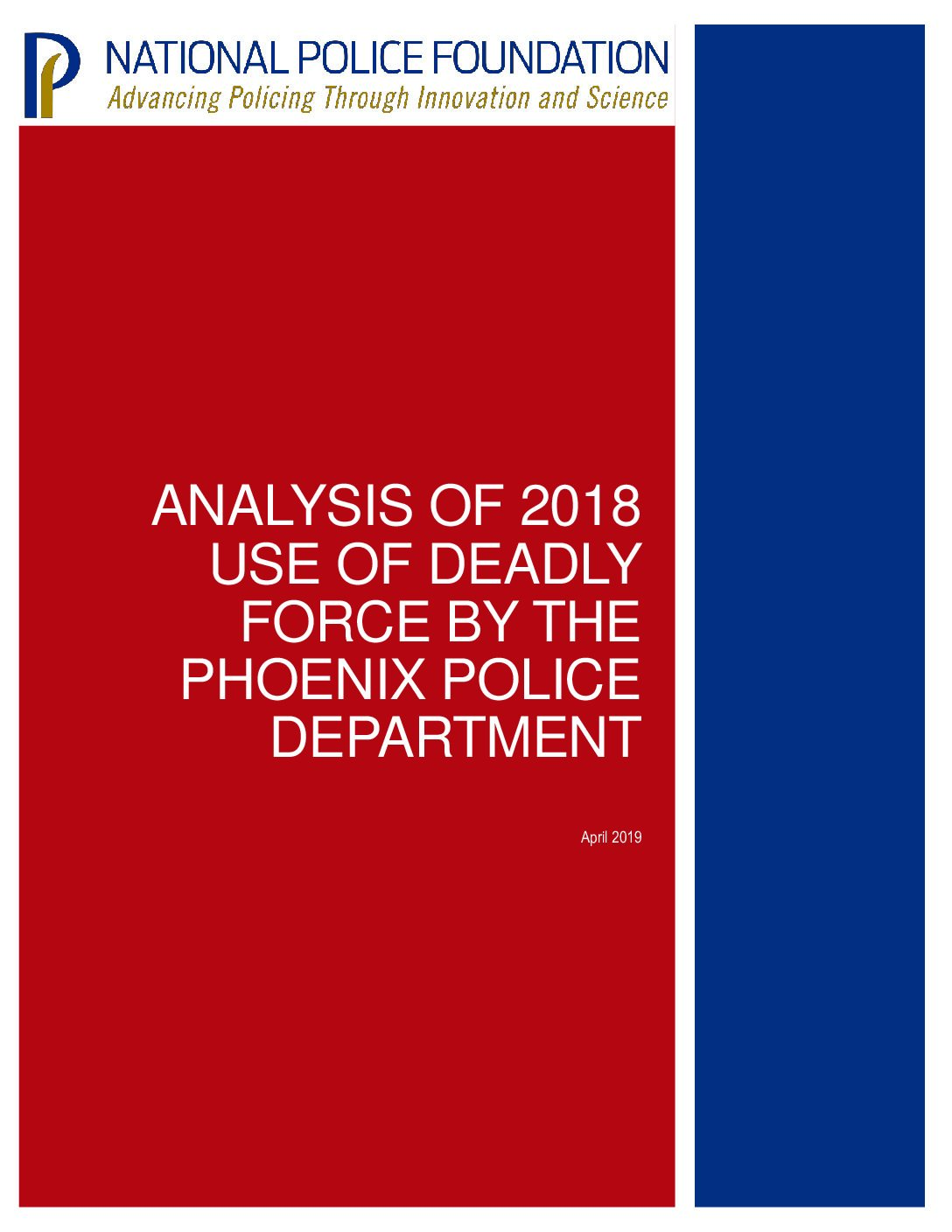The use of force is a concept that is often analyzed in various fields, including law enforcement, military, and international relations. It refers to the authority and power that individuals or organizations have to use physical or psychological means to coerce or influence others. The use of force can range from verbal persuasion to deadly force, and the appropriateness of its use depends on the context and the potential consequences.
In the context of law enforcement, the use of force refers to the actions taken by police officers to control and detain individuals who are suspected of committing a crime or posing a threat to public safety. The use of force in law enforcement is regulated by laws, policies, and guidelines that outline the circumstances in which it is acceptable for officers to use force, as well as the types of force that are allowed.
One framework for analyzing the use of force in law enforcement is the "reasonableness" standard, which is based on the Fourth Amendment of the United States Constitution. This standard states that the use of force must be reasonable under the circumstances, taking into account the severity of the crime, the potential danger to the officer or others, and any other relevant factors. This standard is meant to balance the need for law enforcement to protect public safety with the rights of individuals to be free from unreasonable searches and seizures.
In the military, the use of force refers to the actions taken by soldiers and other military personnel to defend their country or achieve their objectives. The use of force in the military is governed by international laws and rules of engagement, which outline the circumstances in which force can be used and the types of force that are allowed. These laws and rules are meant to ensure that the use of force is necessary, proportional, and in accordance with international humanitarian law.
In the field of international relations, the use of force refers to the actions taken by states or other international actors to achieve their objectives or defend their interests. The use of force in international relations is governed by international law, which outlines the circumstances in which force can be used and the types of force that are allowed. International law also establishes principles for the use of force, such as the prohibition on the use of force for aggressive purposes and the requirement that the use of force be necessary and proportionate.
Overall, the use of force is a complex and controversial concept that is subject to a variety of legal and moral constraints. Its appropriateness and effectiveness depend on the context and the potential consequences, and its use must be carefully analyzed and evaluated.







